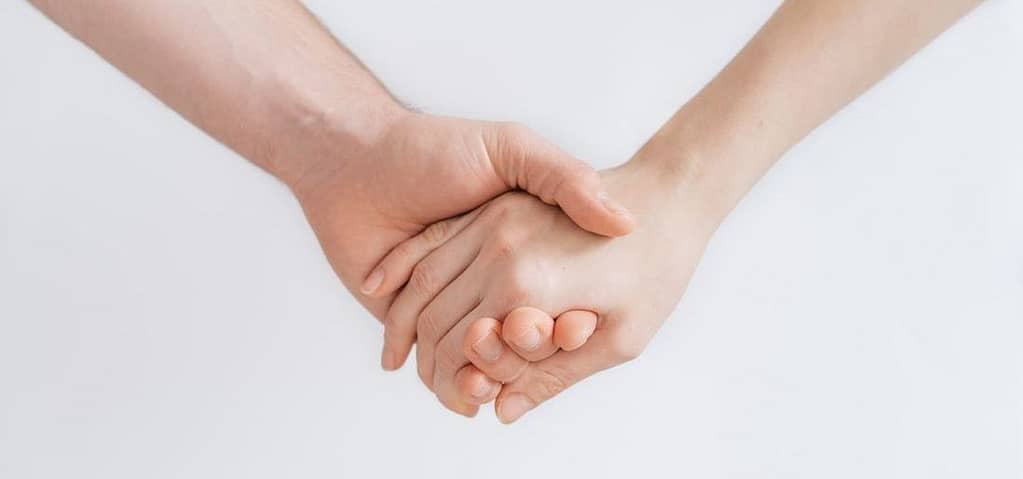“If we can learn to suffer, we will suffer much less” – Thich Nhat Hanh
All emotions serve a purpose, even the hard ones! Specifically, uncomfortable emotions often alert us to our unmet needs and turn our attention to what’s most important to us. Without them, we are more likely to live unfulfilling, dangerous lives
Interestingly, uncomfortable emotions often protect us from social isolation. Extrovert or not, our social connections directly affect our health. From an evolutionary standpoint, being an outcast could literally be a direct death sentence (aka getting kicked out of a tribe leaving you vulnerable to the wolves). In the modern day, a lack of connection with others can have negative effects on our mental health, cardiovascular health, ability to fight off disease, and more.
In a very simplified sense, uncomfortable emotions are like a slap on the wrist to keep us in line. They can motivate us to make a change in direction or perspective.
Knowing the (main) purpose of uncomfortable emotions can help to build our tolerance of them:
Anger: To motivate us to be assertive and protect us from injustice
Disappointment: To shift our expectations so that we can achieve goals in a realistic way
Disgust: To keep us safe from toxicity
Embarrassment: To encourage prosocial behaviors to maintain our interpersonal bonds
Fear: To protect us from danger and prepare us to take action
Grief: To maintain focus on important relationships and develop a deeper appreciation of life
Guilt: To keep us aligned with our values and maintain empathy for others
Jealousy: To encourage us to put more energy/ effort into relationships that are most important to us
Loneliness: To motivate us to connect
Shame: To prevent us from hurting or harming others
When we’re experiencing an intensely uncomfortable emotion, the last thing we want to do is feel it. But, avoiding or suppressing them doesn’t make them go away. Sometimes, allowing ourselves to feel them is all we need to do to feel better. From there, we can listen to our emotions to see what they’re trying to tell us, and act accordingly.
Best you can, challenge yourself to view uncomfortable emotions as an opportunity to find meaning, build distress tolerance, and grow… but do this after you’ve shed some tears or punched a pillow.




